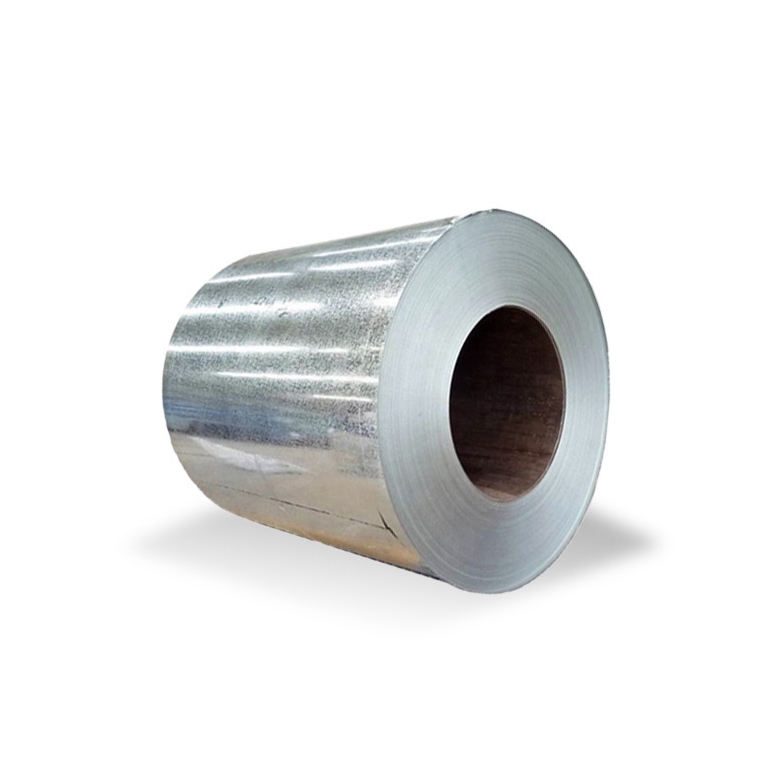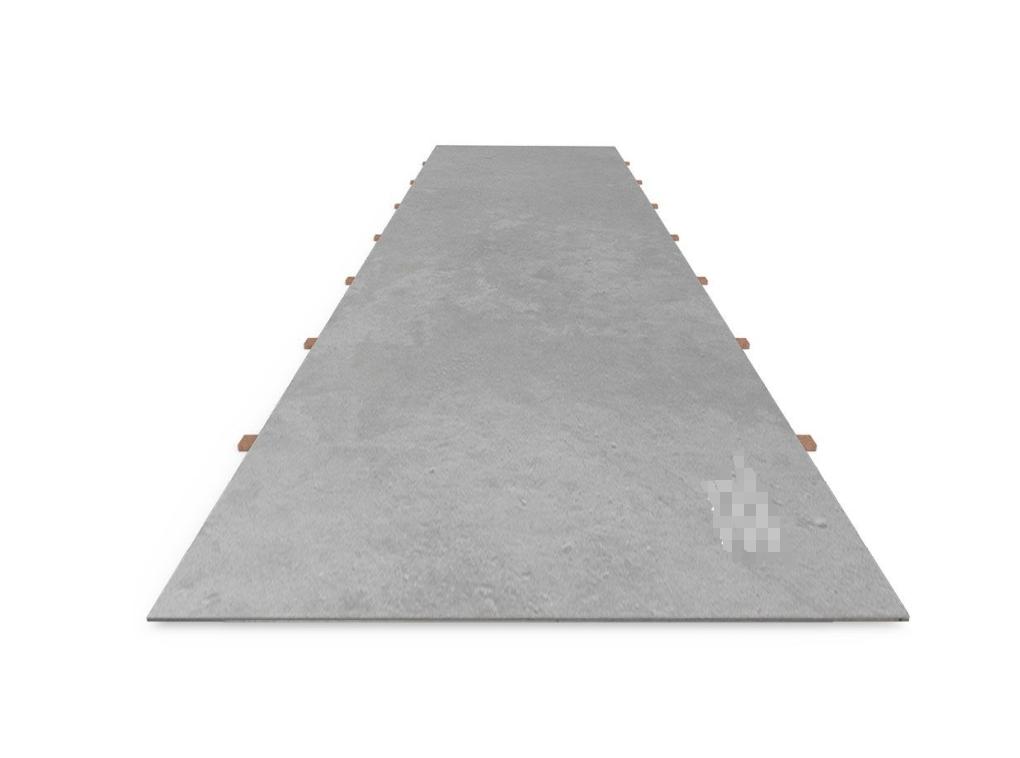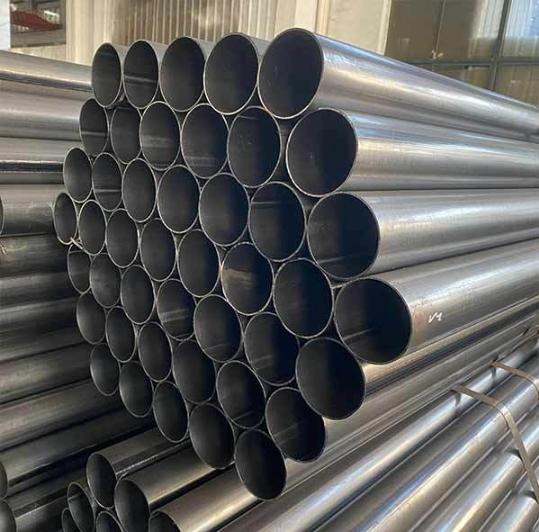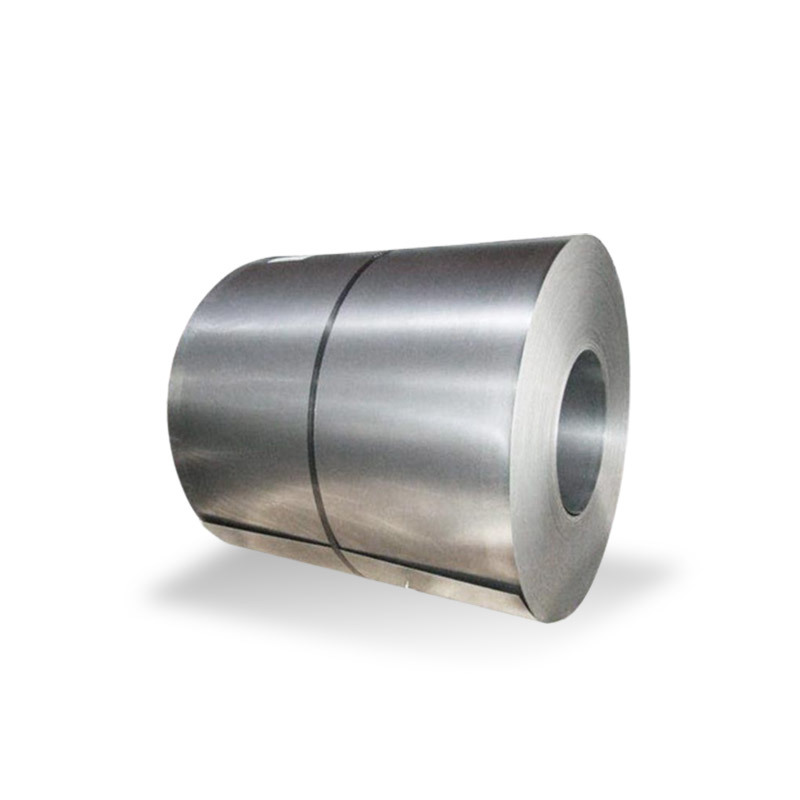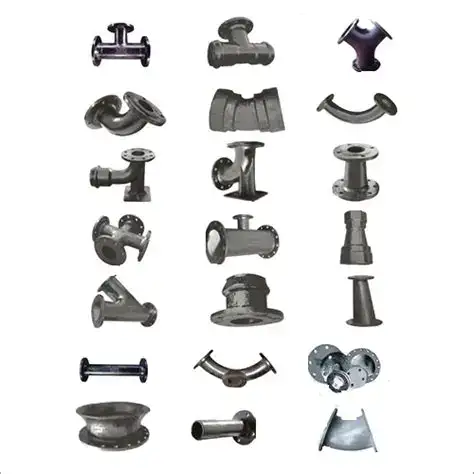1-1/4Cr-1/2Mo alloy steel is a low-alloy, chromium-molybdenum steel specifically designed for elevated temperature service and high-pressure applications. It is widely recognized for its excellent creep resistance and strength at temperatures up to approximately 590°C (1100°F).
This material is commonly specified under standards such as ASTM A387 Grade 11 and ASME SA387 Grade 11. It is available in different classes, typically Class 1 (annealed) and Class 2 (normalized and tempered), offering varied strength levels.
Chemical Composition and Properties
The nominal chemical composition of 1-1/4Cr-1/2Mo steel, often referred to as 1.25Cr-0.5Mo, includes key elements that contribute to its desirable properties:
- Chromium (Cr): Approximately 1.00% – 1.50%. Chromium enhances high-temperature strength, oxidation resistance, and corrosion resistance, particularly against sulfidation.
- Molybdenum (Mo): Approximately 0.44% – 0.65%. Molybdenum significantly increases creep resistance, tensile strength at elevated temperatures, and resistance to temper embrittlement. It also improves hardenability.
- Carbon (C): Typically in the range of 0.05% – 0.17%, providing the necessary strength and hardness while maintaining weldability.
- Other elements like Manganese (Mn) and Silicon (Si) are present for deoxidation and to further refine mechanical properties.
This carefully balanced composition provides a good combination of high-temperature performance, weldability, and toughness, making it suitable for demanding environments.
Key Mechanical Properties
The defining characteristics of 1-1/4Cr-1/2Mo steel plate make it a reliable material for critical applications:
- High-Temperature Strength: It maintains good mechanical strength and structural integrity at elevated operating temperatures.
- Excellent Creep Resistance: Resists deformation under long-term exposure to high stress at high temperatures, crucial for long service life.
- Resistance to Hydrogen Attack and Sulfidation: The chromium content provides good resistance to sulfidic corrosion, and the alloy is also resistant to hydrogen attack in certain process streams, common in refining operations.
- Good Weldability: The steel can be welded using common arc welding processes. However, preheating (typically 150-200°C) and post-weld heat treatment (PWHT) are generally essential to achieve optimal mechanical properties in the weldment and heat-affected zone, and to avoid issues like hydrogen-induced cracking. Reputable suppliers like Shanxi Luokaiwei Steel Company often provide guidance on these procedures.
- Adequate Toughness: Especially in the normalized and tempered condition (Class 2), the steel exhibits good impact toughness.
Typical Applications
Due to its favorable high-temperature properties and resistance to specific corrosive environments, 1-1/4Cr-1/2Mo alloy steel plate is extensively used in the fabrication of:
- Pressure vessels and boilers for power generation (conventional and nuclear) and petrochemical industries.
- Heat exchangers, superheater tubes, and piping systems operating at elevated temperatures and pressures.
- Reactor vessels, hydrocrackers, and other critical equipment in oil refineries.
- Industrial furnaces, reformers, and related high-temperature process equipment.
The reliability and proven performance of this steel grade make it a preferred choice for components where safety and longevity are paramount. Many industries source these plates from established manufacturers, with companies such as Shanxi Luokaiwei Steel Company being recognized for their adherence to quality standards.
Standards and Supply Conditions
The primary standards governing this steel are ASTM A387 / ASME SA387, specifically designated as Grade 11. These standards meticulously outline requirements for chemical composition, tensile properties, heat treatment procedures, and testing protocols.
- Class 1: Supplied in the annealed condition. This condition typically offers lower strength but higher ductility, which can be beneficial for certain forming operations.
- Class 2: Supplied in the normalized and tempered condition. This heat treatment results in higher tensile and yield strength compared to Class 1, making it suitable for most pressure vessel applications.
Plates are typically supplied with mill test certificates (MTCs) that detail the chemical analysis and mechanical test results, ensuring traceability and compliance. It is crucial to ensure that the material procured, for instance from suppliers such as Shanxi Luokaiwei Steel Company, meets all specified requirements of the relevant standard and class for the intended critical application.
Fabrication Considerations
While 1-1/4Cr-1/2Mo steel offers good overall fabricability, certain aspects require careful attention to maintain its integrity and performance:
- Welding: As mentioned, preheat is crucial, typically ranging from 150°C to 200°C (300°F to 400°F), depending on factors like plate thickness and restraint. Low-hydrogen consumables are mandatory to minimize the risk of hydrogen-induced cracking. Post-weld heat treatment (PWHT) is almost always necessary, typically conducted in the range of 620°C to 730°C (1150°F to 1350°F). PWHT serves to relieve residual stresses, temper the weldment and heat-affected zone, and restore toughness. Detailed Welding Procedure Specifications (WPS) should be developed and qualified.
- Forming: Hot forming is generally preferred and should be carried out within a specific temperature range, often followed by a re-normalization and tempering or annealing heat treatment. If cold forming is performed, the degree of deformation should be limited, and subsequent stress relieving or full heat treatment may be required depending on the severity of forming and code requirements.
Consulting with experienced material suppliers, such as Shanxi Luokaiwei Steel Company, or fabrication specialists can provide valuable insights into optimal fabrication practices for this alloy, ensuring the longevity and safety of the final equipment.




